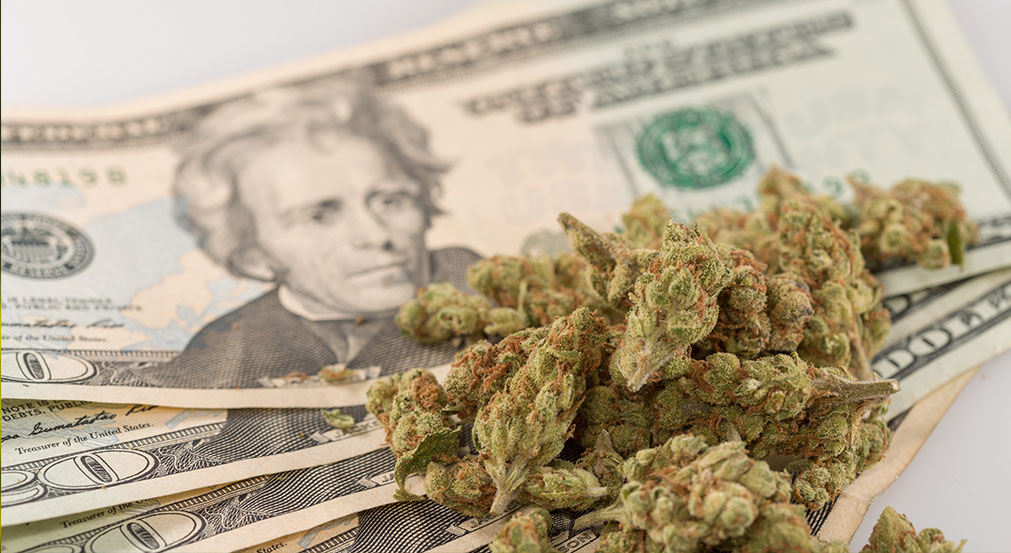For the third time in 2022, Michigan saw a record-breaking month of marijuana sales, reaching $212 million in September, state data shows.
The state saw $195,349,995 worth of adult-use marijuana purchases and $16,629,957 in medical cannabis sales last month. That total is about $2 million greater than the previous record in July and $17 million more than the earlier April record.
As has been the ongoing trend, most of the marijuana purchases for both medical and recreational use were for flower products, followed by vape cartridges.
The data also shows a continuation of a sales trend in Michigan’s marijuana market, with medical cannabis purchases dipping and adult-use sales increasing. The first recreational shops opened in Michigan in December 2019.
Meanwhile, Michigan regulators recently announced that they are issuing another round of grants to support research into the therapeutic benefits of marijuana for military veterans, using tax dollars the state generated from adult-use cannabis sales.
This time around, Cannabis Regulatory Agency (CRA) announced that it has recommended awarding $20 million in grants to two universities as part of the Veteran Marijuana Research (VMR) Grant Program.
Michigan officials also announced in March that the state would be distributing nearly $150 million in marijuana tax revenue, divided between localities, public schools and a transportation fund.
The state Treasury Department said that the funding—made possible from tax revenue generated from the state’s adult-use cannabis program—includes $42.2 million for 62 cities, 15 villages, 33 townships and 53 counties.
That’s more than four times the level of funding that the state paid out to municipalities with cannabis tax dollars last year.
All told in 2021, Michigan saw $1,311,951,737 in marijuana sales for adult-use and $481,225,540 for medical cannabis. In December alone, there were more than $135 million in recreational cannabis purchases and about $33 million in medical marijuana sales.
Regulators also announced earlier this year that the they approved the state’s first-ever social consumption site for adult-use marijuana in Hazel Park. It stands to reason that, as that sector of the marijuana industry grows, even more tax revenue may follow.
Lawmakers in that city also approved a resolution designating September as a month of awareness of the therapeutic potential of psychedelics—making it the second city to take the symbolic additional step after locally decriminalizing natural plants and fungi.





